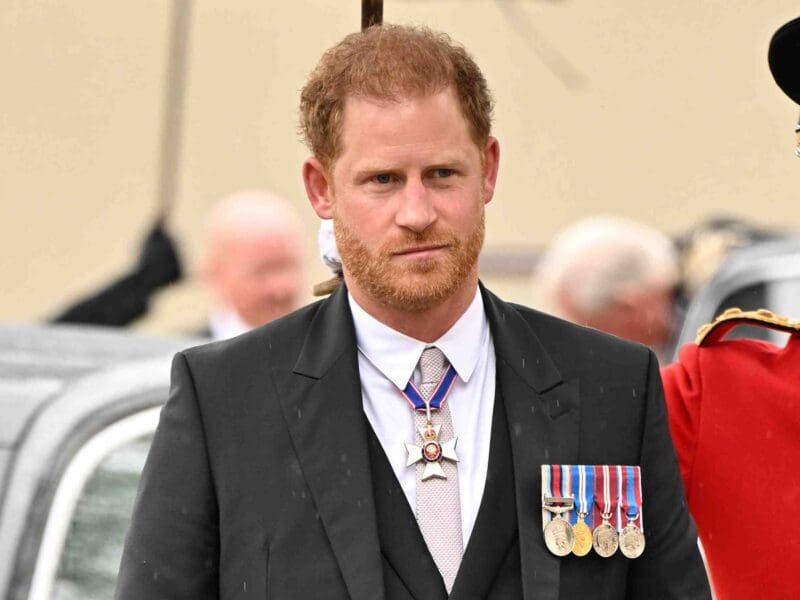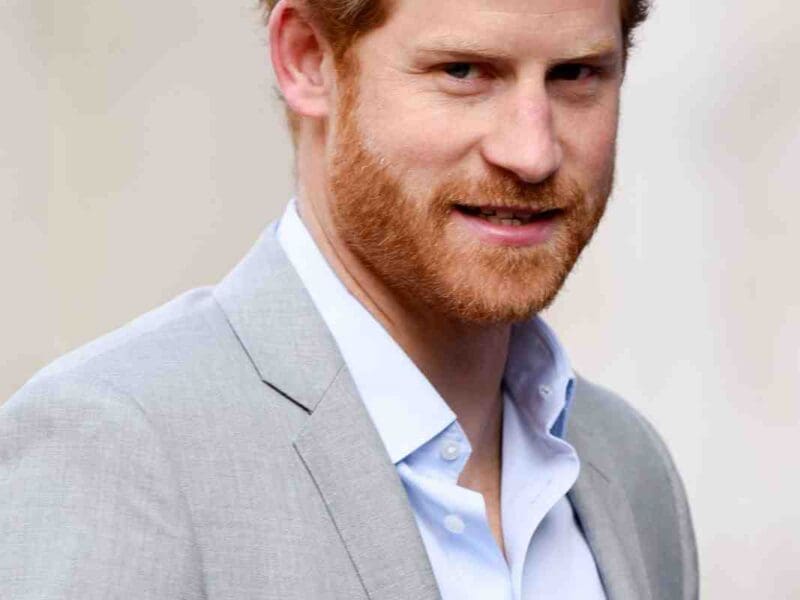
Does the current ‘Daily Mail’ news mean Prince Harry can’t hire UK police?
Is safety a luxury or a right? Let’s take a look at Prince Harry’s escalating fight for personal protection back in the UK, as the Duke seeks the services of the Royal and Specialist Protection Command (RASP), an armed squad who used to shield him when he was a working royal.
When Prince Harry decided to carve his own path away from royal duties, moving to America with his wife Meghan, he was informed that he no longer qualified for RASP protection. A reasonable decision, he thought, was to offer to pay for it himself. After all, safety is paramount, isn’t it?

Rights denied?
The Home Office had a different perspective. As per Robert Palmer KC, representing the Home Secretary in London’s Royal Courts of Justice, Prince Harry’s proposal to finance his personal Metropolitan police protection was correctly dismissed, as it risked establishing an ‘unacceptable’ precedent.
In their view, the protection offered by officers, who are expected to risk their lives for those under their guard, cannot be provided at the whims of a private individual’s purse.
Palmer further pointed out that if the Duke were allowed to pay for the RASP armed squad, it would imply that such protection was accessible to the wealthy, but not to those with less financial means. This, according to him, could undermine public confidence in the police force.
It’s noteworthy that Prince Harry is presently involved in six legal cases at London’s High Court, primarily concerning media coverage. He has also been granted a forthcoming judicial review on the initial decision that he no longer qualified for free protection, and today, he initiated a fresh case, seeking a review of the decision not to allow him to pay for his security.
The Duke alleges that the Executive Committee for the Protection of Royalty (RAVEC) didn’t have the authority to decline his financial offer and that it should be reassessed anew by the Commissioner of the Metropolitan Police.

Privileged policing?
His lead barrister, Shaheed Fatima KC, argued in court that the process was inherently flawed. She pointed out that in other instances, anyone can request protection directly from the Commissioner and even offer to pay. By this standard, Prince Harry was being treated less favorably than others.
To strengthen her argument, she noted that there were precedents for the police being paid to supply officers elsewhere, such as football matches, festivals, marathons, cycle races, and even celebrity weddings. The refusal to consider Prince Harry’s payment offer, Fatima claimed, was simply unfair.
The Home Office rebutted, stating that RAVEC wasn’t required to entertain submissions from anyone and that it didn’t discriminate against Prince Harry. The general principle was clear – no offers to pay for specialist armed police security would be accepted.

Royal demotion
Despite these multiple legal challenges, the final outcome is yet to be seen. With Prince Harry pursuing no fewer than six High Court cases and the judgement reserved for later, we are left with a suspenseful narrative of a royal in self-exile seeking to safeguard his privacy and security.
In an era where wealth often paves the way to privileges, should personal security be one of them? How do we balance the principle of equal protection for all against the right of individuals to ensure their safety, especially when they are willing to pay for it themselves?
_
Do you think this is all a plot by the royal family to punish Harry? Or is it the consequences of choosing the common life over royal life? Let us know in the comments!







